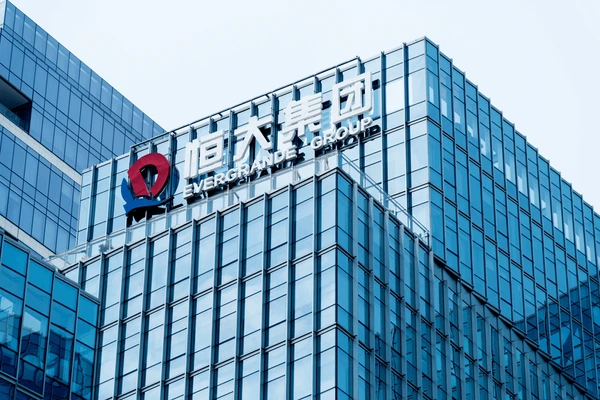
The recent order by a Hong Kong court to liquidate Evergrande, the heavily indebted Chinese property giant, marks a significant turning point two years after the company’s default. This decision not only triggered a financial crisis among other developers but also intensified the economic challenges in China, the world’s second-largest economy. The move towards dissolving Evergrande has now opened a complex chapter concerning the treatment of its overseas creditors, potentially impacting foreign businesses in China.
Evergrande’s collapse was a dramatic shift from its previous status as a seemingly untouchable entity in China’s property market, a sector that has been a major contributor to the nation’s economic growth. The company’s aggressive expansion, fueled by substantial debt accumulation during the real estate boom, began to falter as China’s economy slowed. The decline in property sales and regulatory crackdown on high leverage and speculative practices led Evergrande into a severe financial strain. With debts exceeding $300 billion, the company struggled to refinance and sought extensions to negotiate with creditors.
After two years of negotiations, the judge overseeing Evergrande’s bankruptcy case has drawn the line, leading to a significant drop in the company’s Hong Kong-listed shares. The shares plummeted over 20 percent before trading was suspended, leaving Evergrande valued at a mere $275 million.
The situation poses a daunting challenge for creditors seeking to recover their funds. The Chinese property market shows little sign of a quick recovery, with new home sales declining by 6 percent last year, reaching the lowest level since 2016. This downturn in the market adds to the uncertainty of creditors’ prospects.
The liquidation process will be a crucial test for the protection of overseas investors’ rights. While the Hong Kong judge has appointed Alvarez & Marsal, a Western restructuring firm, to oversee the liquidation, the majority of Evergrande’s assets are located in mainland China. Historically, liquidators assigned by Hong Kong courts have faced limitations in controlling assets on the mainland, presenting a significant hurdle in the process.
The fate of Evergrande holds far-reaching consequences for international businesses operating in China. In recent times, foreign investors have been withdrawing their capital from China as President Xi Jinping consolidates control over the economy. This trend contradicts the official stance that China remains open for business, creating a complex environment for foreign investment.
The handling of Evergrande’s bankruptcy and the respect for creditor rights will be closely monitored by the global business community. Dan Anderson, a partner and restructuring specialist at the law firm Freshfields Bruckhaus Deringer, highlighted the importance of this issue, noting that the manner in which creditor rights are upheld will significantly influence long-term investment decisions in China.
In the broader context, the Evergrande situation is emblematic of the challenges facing China’s real estate sector and the broader economic landscape. The company’s rise and fall reflect the volatile nature of the property market and the risks associated with unchecked expansion and debt accumulation. Additionally, the unfolding scenario underscores the complexities of cross-border insolvency proceedings and the intricacies of navigating legal and regulatory frameworks in different jurisdictions.
For international investors and businesses, Evergrande’s liquidation serves as a case study in risk assessment and the importance of understanding the regulatory and economic environment in China. It also highlights the need for due diligence and strategic planning when engaging in cross-border investments, particularly in markets with distinct legal and political landscapes.
As the liquidation process progresses, the outcomes will not only determine the fate of Evergrande’s creditors but also signal the broader direction of China’s approach to foreign investment and its commitment to upholding international business norms. The resolution of this high-profile case could set precedents for future dealings with distressed assets in China, shaping investor confidence and perceptions of the Chinese market.
Featured image credit: hxdbzxy via Shutterstock
